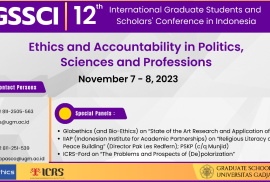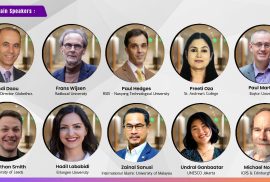Abstrack:
In 2010, the Rockefeller Foundation published a report on scenarios for the future of technology and society and suggested that the direction in which new technologies such as artificial intelligence, CCTV, and the internet was one of reduced agency by citizens and increased top-down control of citizens and societies by governments and private corporations. Analogous claims are made about the ‘Fourth Industrial Revolution’, AI, and the internet, which will increasingly displace human beings in such labor-intensive activities as education, food production, healthcare, hospitality, and transportation. To these ideas, the World Economic Forum adds that after Covid-19, a ‘new normal’ social condition in which ‘social distancing’ and other ‘public health’ practices will be globally adopted, as part of a ‘Great Reset’ of human civilization, which is needed both to adjust humanity to the new social condition of the Industrial Revolution, and to the growing threats to human and more than human life from environmental as well as health problems. These proposals do not emanate from democratic fora or from deliberation by citizens but from private organizations that have colonized public space and deliberation on the future shape of human societies at a time when public meetings in many countries were banned. The trajectory of the proposed transformation is towards the replacement of democracy with technocracy or ‘rule by experts’ including even ‘intelligent’ machines. In this paper, I consider the ethical and political implications of the proposed social transformations and suggest that there are more appropriately human- and earth-centered approaches to the problems these transformations are said to address.


